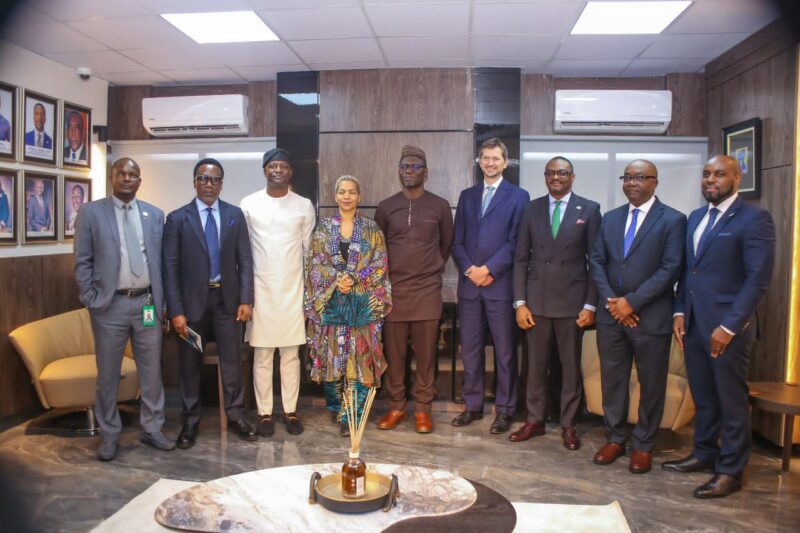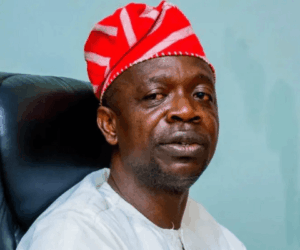1
At the Investor Roundtable hosted by the Nigerian Exchange Group (NGX) to commemorate the International Sustainability Standards Board (ISSB) Preparers Readiness Programme, Professor Charles Anosike, Director-General of the Nigerian Meteorological Agency (NiMet), emphasised the need to collaborate as well as integrate quality weather and climate data into Sustainability Reporting.
Speaking to a room of financial regulators, investors, and sustainability leaders, Professor Anosike highlighted the World Economic Forum’s identification of increasing extreme weather events as a top global risk, impacting financial institutions through increased costs, physical risks, and liquidity issues.
“Extreme weather events are both short-term and long-term risks, highlighting their significant and growing economic costs, disproportionate impact on developing countries, and potential triggers for food price shocks, supply chain disruptions, and increased insurance costs.
“Climate disasters are not just environmental concerns—they are financial risks. “Financial institutions face increased credit risk in Nigeria when borrowers’ ability to repay loans is impacted by climate disasters, and market risks as the value of certain assets declines. Increasing climate damages are straining private insurance markets, shifting more costs to government-run plans and raising questions about their sustainability.
“We need to work together, integrating contextual meteorological data into Sustainability Reporting and close climate data gaps in Nigeria”, he said.
Highlighting the impact of climate awareness, Professor Anosike notes that meteorology provides the fundamental weather and climate data that forms the foundation of sustainability reporting. Reliable climate data is crucial for informed decisions in our financial markets. It is essential for agricultural productivity and food security, aviation safety, building and construction, disaster preparedness, maritime operations, public health, and infrastructure development among others thereby ensuring sustainable economy,” he said in a statement on Saturday.
He spotlighted NiMet’s role as the nation’s climate custodian, entrusted solely with the mandate to observe, collate, collect, process, and disseminate weather and climate information for the safety of lives and property.
“Making weather and climate predictions across various timescales and ensuring timely communication of weather and climate information to support sustainable socio-economic development in Nigeria.
“NiMet has been at the forefront of climate data management and people cantered early Warning Systems”, said Prof. Anosike and emphasised that greater investment, mutual engagement and quality climate data sharing are critical for effective sustainability reporting, fostering trust, transparency and collective progress towards climate informed goals.”
Appreciating the groundbreaking opportunity provided by FRCN, Dr. Rabiu Olowo, NGX Group CEO-Temi Popoola, Securities and Exchange Commission (SEC) DG/CEO-Dr. Timi Agama, and ISSB members-Dr. Ndidi Nnoli-Edozien, Professor Richard Barker and Dr. Neil Stewart; Anosike called for support in entrenching enduring climate resilience in Nigeria’s financial markets.








